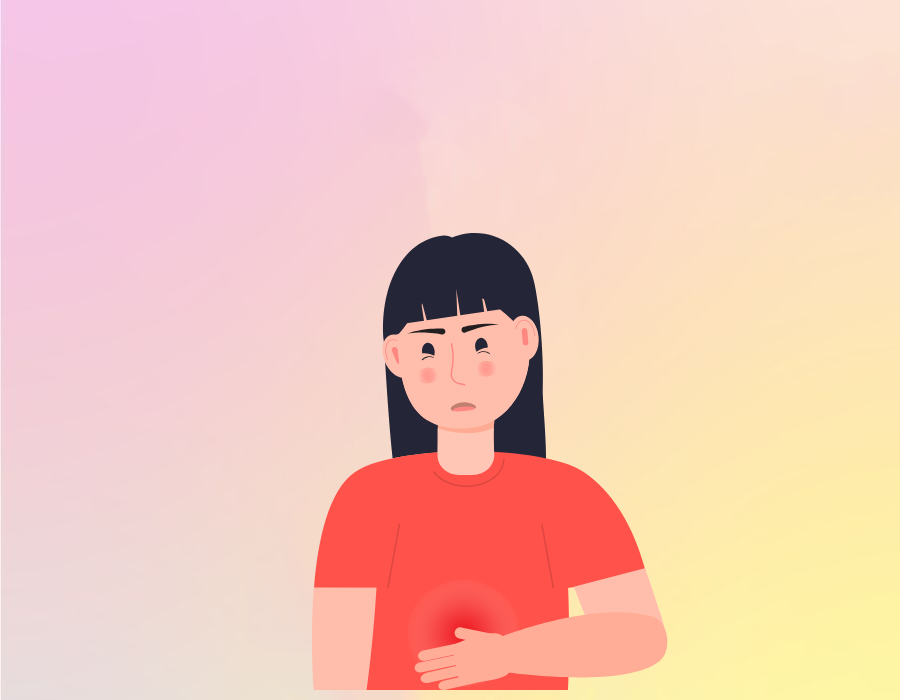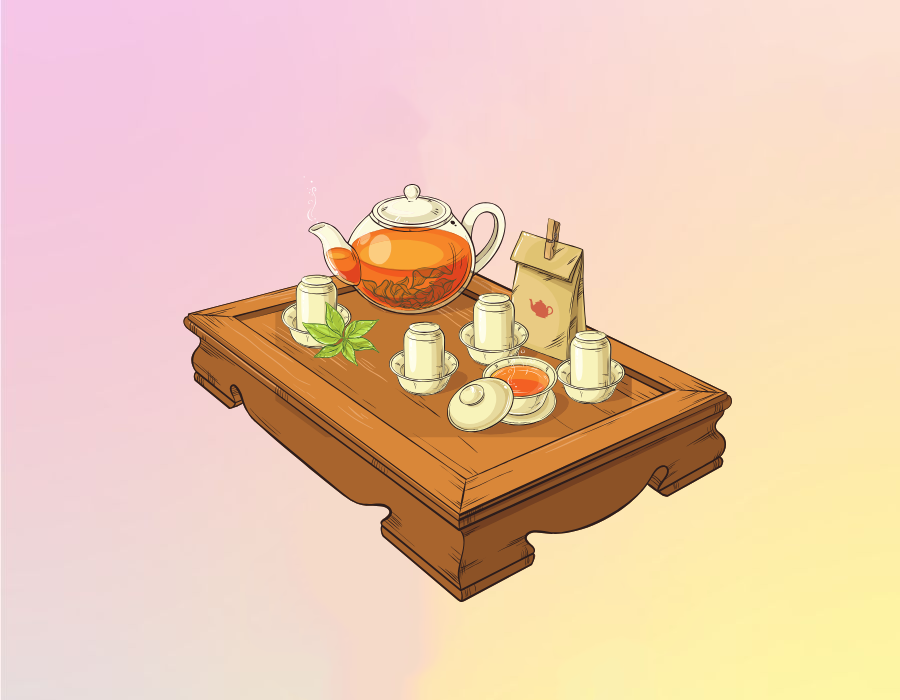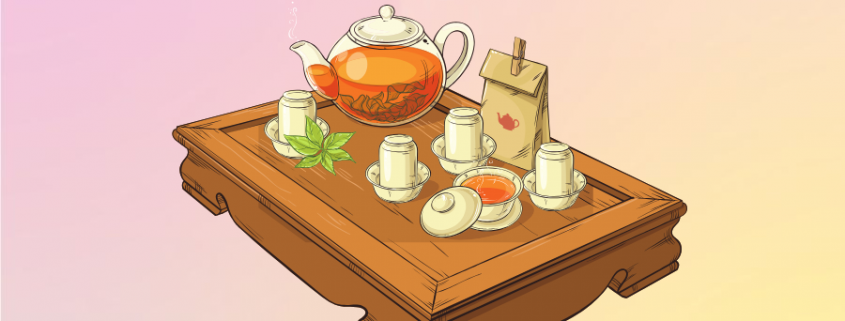If you have any queries or suggestions, please feel free to reach out via email to info@harisonfitness.com. We will do everything in our capacity to ensure that you love your experience with us.
It is often said that the human body is 65% water. What is the difference between drinking water and drinking tea, and is there really a hierarchy between them?
01What is the use of drinking eight glasses of water a day?
1. Delaying Aging
Water accelerates metabolism, maintains cell viability, and promotes the excretion of toxins from the body, making it harder for fat to accumulate. Furthermore, when the skin lacks water, it suffers from insufficient blood and oxygen supply, which speeds up the body’s aging process. Therefore, maintaining regular water intake helps delay aging and better supports the normal functioning of various tissues, systems, and organs in the human body.
2. Preventing and Treating Kidney Stones
Epidemiological studies have shown that people with kidney stones typically drink less water than the general population. Insufficient water intake leads to reduced urine output, preventing the body from eliminating waste products—this creates favorable conditions for the formation of kidney stones.
3. Enhancing Intestinal Peristalsis and Preventing Constipation
The intestines also require water for moisture and regulation. A lack of water in the intestines can easily disrupt the process of food decomposition, digestion, and absorption. Feces are solid matter with a water content of 70%, so when the body is in a state of water deficiency, the intestines will absorb water from the feces, resulting in dry and hard stools and difficulty in excretion. If this persists, constipation will occur.

-
Do not drink too much water at one time; instead, replenish water in small amounts and frequently. Drinking excessive water at a single sitting or only drinking when you are thirsty often leads to “drinking too hastily”. This is harmful to the kidneys. For people with hypertension, hyperlipidemia, hyperglycemia (the “three highs”) or cardiovascular diseases, it risks increasing the extra burden on the body, and the chance of unexpected health issues will also rise accordingly.
-
Do not exceed the daily water intake limit. After excluding the water obtained from other foods, adults should drink 2,700-3,000 ml of water per day if there is no heavy sweating. Since individual conditions and actual feelings vary to some extent, the amount can be appropriately increased or decreased.
-
The temperature of drinking water should be neither too low nor too high. Overly hot water is likely to scald the mucous membranes of the mouth, esophagus, gastrointestinal tract and throat, causing external damage to tissues and even inducing related cancers. Overly cold water will also cause adverse stimulation to blood vessels and the gastrointestinal tract, while increasing internal coldness (a concept in traditional Chinese medicine) and leading to excessive loss of yang qi (vital energy). In the long run, this will also affect physical health.
02Is drinking tea really healthy?
In addition to the fact that drinking tea is often mentioned as beneficial for cultivating one’s morality and nurturing one’s nature, scientists have also found that tea contains substances such as tea polyphenols and catechins, which are beneficial to human health. Tea polyphenols have been proven to improve diabetes and cardiovascular diseases, while catechins have effects such as lowering blood pressure, reducing blood lipids, and resisting oxidation.
Healthy tea drinking is also related to the type of tea. Strong tea, hot tea, and spoiled tea should not be consumed in large quantities. Similarly, one should not drink too much tea in general—excessive tea consumption can overstimulate the excitability of the brain, which is harmful to the cardiovascular system and nervous system. For patients with cardiovascular and cerebrovascular diseases, drinking strong tea may cause them to feel accelerated heart rate or even arrhythmia, leading to discomfort in the precordial area, worsening their condition or causing a recurrence.

Additionally, it is worth noting that some people are not suitable for drinking tea. For example, pregnant women, as well as those suffering from ulcerative gastrointestinal diseases, insomnia, fractures, or gout, should exercise caution.
Maintaining good health is related not only to what we drink but also to many other factors, such as diet, sleep, environment, and mood. Therefore, there is no need for us to overthink it.






Leave a Reply
Want to join the discussion?Feel free to contribute!